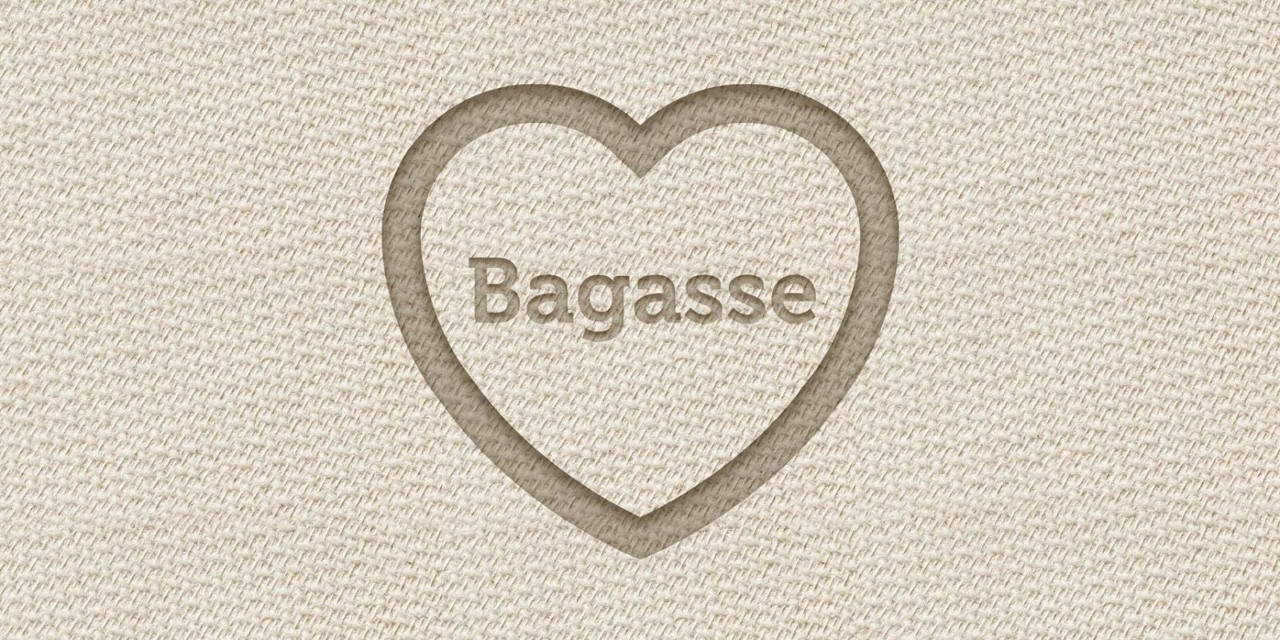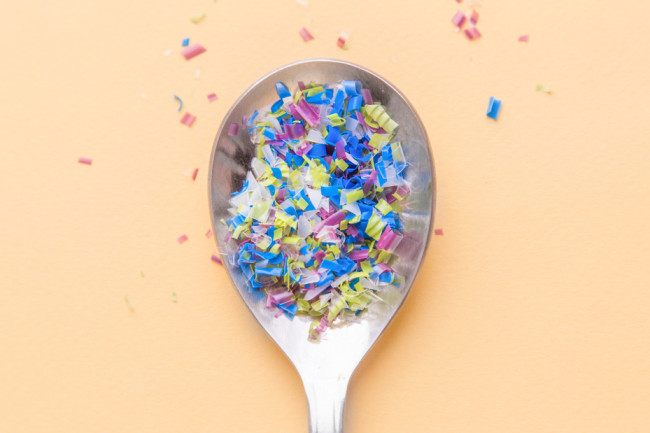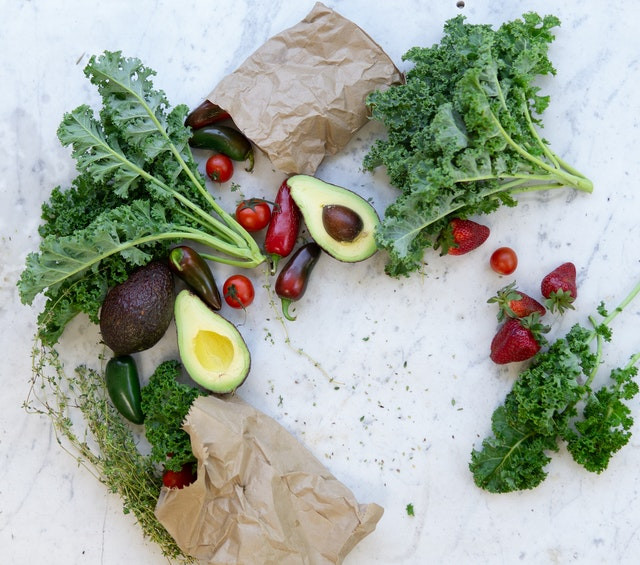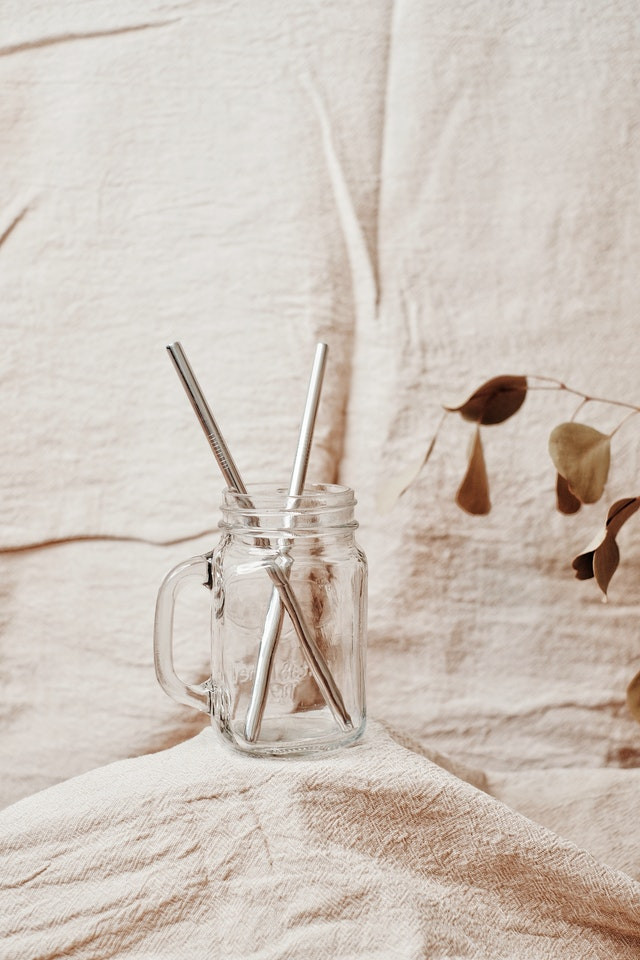8th Apr 2020
What is Bagasse?
Sugarcane pulp, or bagasse, can create an alternative to plastic. Well, bagasse, often known as sugarcane pulp, is a plant-based material gaining popularity as an alternative to plastic. By moving away from traditional plastic packaging and towards compostable alternatives that contribute to a circular economy, we can work together to transition out of the disposable world we live in. Producing packaging from plants means that… Read more
7th Apr 2020
What are Microplastics?
Microplastics can come from a variety of sources. Microplastics are pieces of plastic less than 5mm in diameter. They can be primary microplastics, which are tiny particles designed for cosmetics or shed from textiles such as clothing and fishing nets; or they can be secondary microplastics, which are produced when larger plastic items such as water bottles break down due to solar radiation or ocean water. Secondary microp… Read more
3rd Apr 2020
Organic food is food grown according to certain standards. Organic farming does not allow practices and materials such as synthetic fertilisers, sewage fertilisers, genetic modification, or hormone use for animals. Here, we outline four reasons why you – as an individual or as a business – should buy organic.
Better for the Soil
Organic farming results in higher quality soil and less erosion. About 50 million hectares (half the total area) o… Read more
1st Apr 2020
It seems like a rather obvious question. After all, if you're on this site, you must have some idea of why plastic-free is a good idea. But it never hurts to revisit the reasons for cutting down waste, and you might learn something you didn't know.
Carbon Emissions
Plastic uses kilograms of CO2 during its production. Plastic produces carbon dioxide from the very start of its life cycle. One kilogram of plastic produces 6kg of CO2, equating a… Read more




